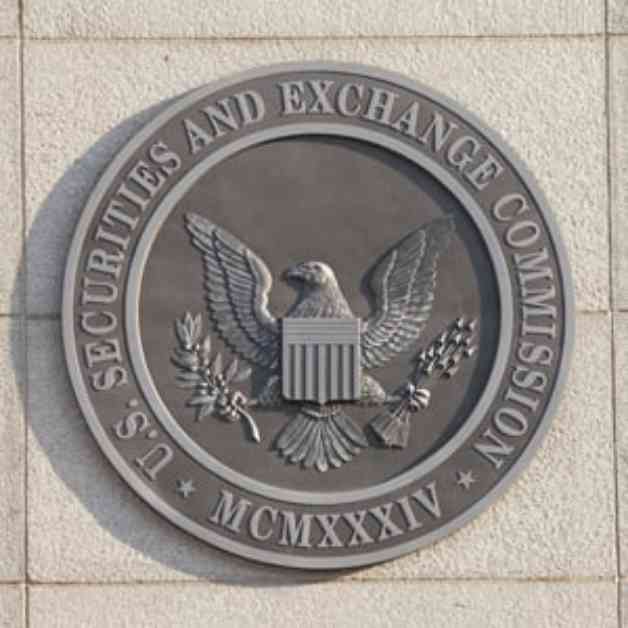The U.S. Supreme Court made a significant ruling on Thursday, stating that defendants facing civil penalties for securities fraud before the U.S. Securities and Exchange Commission (SEC) are entitled to a jury trial under the Seventh Amendment. This decision came as a result of the case of George Jarkesy Jr., who was accused of violating securities laws related to the launch of two hedge funds. Chief Justice John Roberts wrote the majority opinion, emphasizing that defendants have the right to be tried by a jury of their peers before a neutral adjudicator.
The 5th U.S. Circuit Court of Appeals at New Orleans had previously required a jury trial in this case, a decision that was affirmed by the majority of the Supreme Court in a 6-3 ruling. Justice Sonia Sotomayor, along with Justices Elena Kagan and Ketanji Brown Jackson, dissented against this decision. The impact of this ruling extends beyond the SEC, potentially affecting other government agencies that impose financial penalties for violations of the law.
Former SEC counsel Brad Bondi noted that this decision represents a significant loss for the SEC, as juries may be more critical of the agency’s enforcement strategies. The ruling could also have broader implications for administrative proceedings across various government agencies. Jarkesy’s case raised constitutional issues regarding the SEC’s choice to pursue administrative enforcement actions rather than filing a lawsuit in federal court.
The Supreme Court focused specifically on the Seventh Amendment issue in this case, which revolves around the right to a jury trial for civil penalties in securities fraud cases. Chief Justice Roberts emphasized that the civil remedies sought by the SEC are meant to punish and deter, making them appropriate for determination in courts under common law principles. This ruling underscores the importance of preserving defendants’ rights to a jury trial in such cases.
Overall, the Supreme Court’s decision in Securities and Exchange Commission v. Jarkesy marks a significant development in the realm of securities fraud enforcement and administrative actions. The case highlights the critical role of jury trials in safeguarding defendants’ rights and ensuring fair adjudication in civil penalty cases. The implications of this ruling are likely to resonate across various government agencies and enforcement proceedings in the future.















